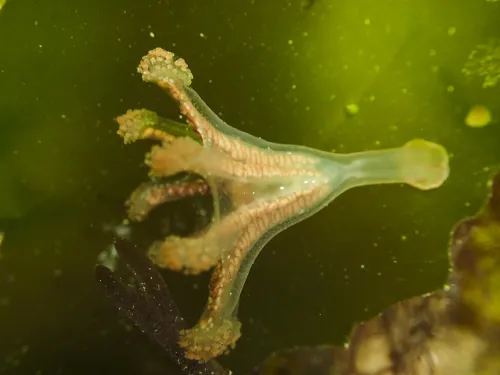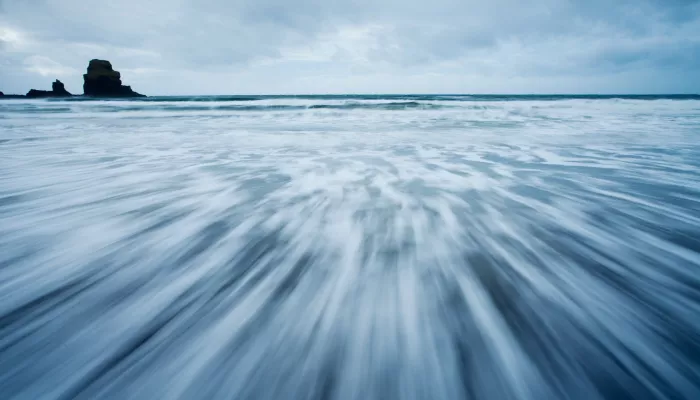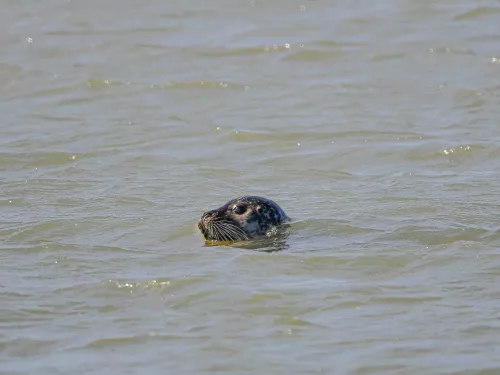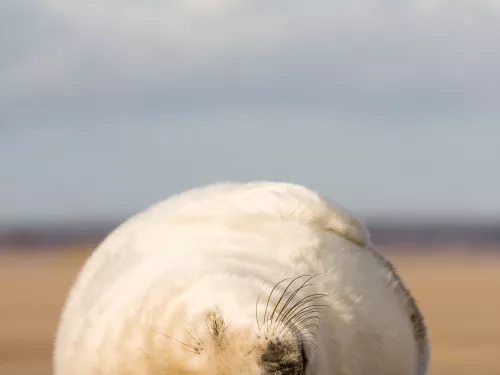
Fascinating discoveries by Kent “Shoresearch” citizen scientists in 2024
Wildlife experts also raise concerns over invasive species recorded


Wildlife experts also raise concerns over invasive species recorded

Newly elected MP Polly Billington has said she is concerned about the lack of transparency demonstrated by National Grid.

As adorable images of Kent’s newest seal pups are posted to social media, Kent Wildlife Trust has issued a warning that people risk inadvertently killing the youngsters if they get too close.